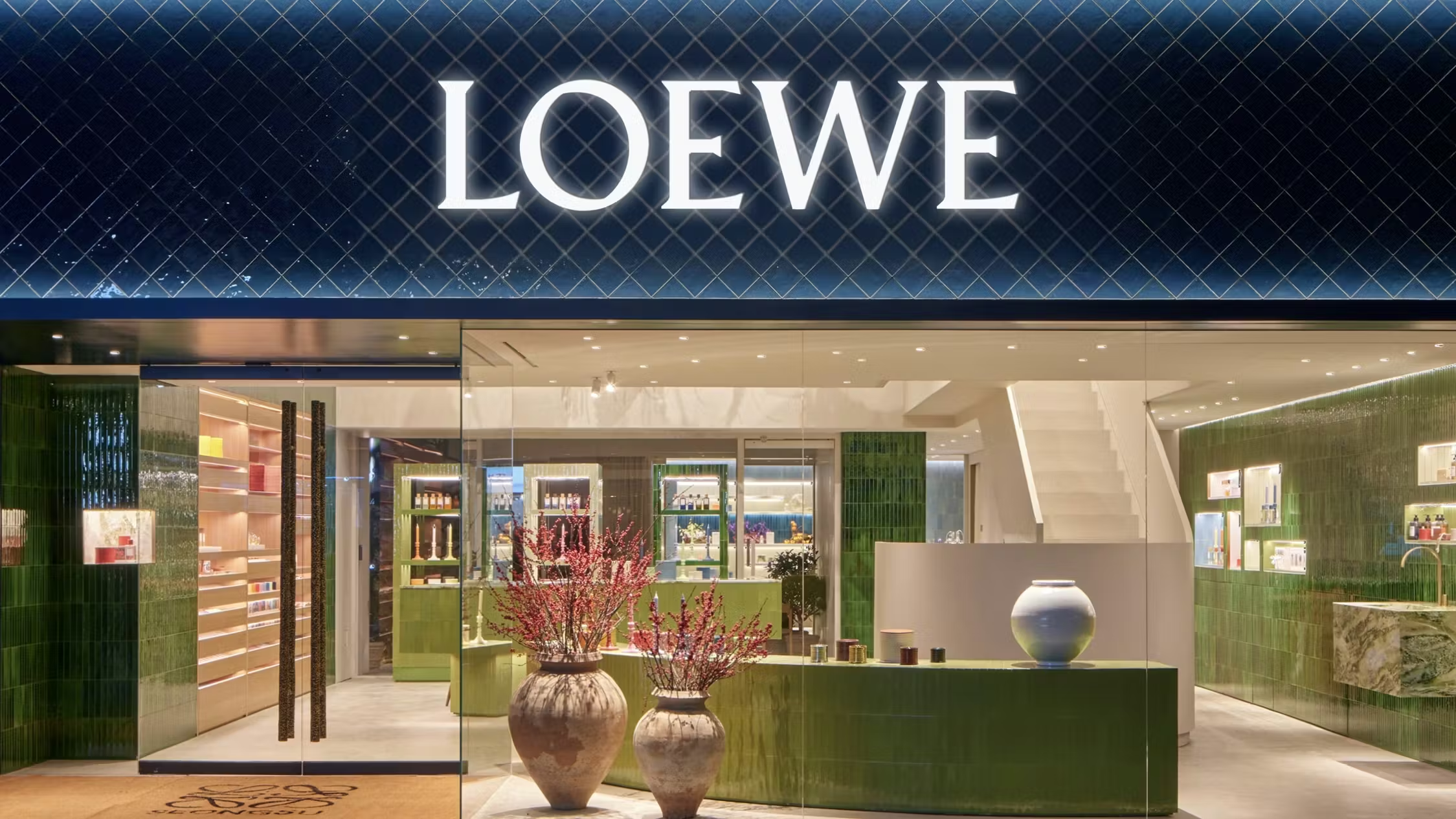- Is a luxury consignment store just for clothes?
- What makes a brand luxury consignment store?
- Why are luxury consignment stores called consignment stores?
- What do you call someone who owns a luxury consignment store?
- What is the difference between a luxury consignment store and a clothing store?
- What is the difference between retail and consignment?
- Do luxury consignment stores make money?
- What percentage do most consignment shops take?
- What industry does a luxury consignment store fall under?
Are you curious about the fascinating world of luxury consignment stores and how they operate? Our detailed guide breaks down everything from what makes these stores distinct to their business model and profitability. Whether you’re wondering if these stores only sell clothes or you’re interested in the differences between retail and consignment, we’ve got you covered. Dive in to learn more about the luxury resale industry, the percentages involved, and much more. Click the link and explore the intricacies of luxury consignment stores!
Is a luxury consignment store just for clothes?
No, a luxury consignment store is not just for clothes. While they primarily focus on higher-end, good quality, or vintage clothing and accessories, luxury consignment stores can include other luxury goods. This can encompass items like baby products, antiques, games, and products from high-end designers such as Chanel, Hermes, and Louis Vuitton.
What makes a brand luxury consignment store?
Several factors differentiate a brand luxury consignment store:
- Product Quality and Brand: These stores sell items from high-end designers and brands, ensuring shoppers receive premium products.
- Authentication Process: Reputable stores rigorously authenticate their products to guarantee their genuineness.
- High-End Inventory: They often carry luxury items such as designer fashions, accessories, and other luxury goods that hold value over time.
- Specialized Focus: Stores may also specialize in particular categories of high-end items, such as designer handbags or vintage clothing.
Why are luxury consignment stores called consignment stores?
Luxury consignment stores are called consignment stores because they operate on a consignment business model. This means the consignor (owner of the goods) retains ownership until the goods are sold, while the consignee (the store) sells them on their behalf. The consignment model allows the store to offer a range of high-value items without the upfront cost of purchasing inventory.
What do you call someone who owns a luxury consignment store?
The person who owns or operates a luxury consignment store is the consignee. The owner of the goods or the supplier delivering the high-end items to the consignee for sale is the consignor.
What is the difference between a luxury consignment store and a clothing store?
Several distinct differences set luxury consignment stores apart from standard clothing stores:
- Ownership of Inventory: In luxury consignment stores, the inventory is supplied by consignors and remains their property until sold. In traditional clothing stores, the retailer usually purchases inventory outright.
- Quality and Branding: Consignment stores often carry branded, high-end, and typically authenticated luxury items, while standard clothing stores might offer a wider range of non-designer and commercial brands.
- Business Model: Consignment stores work on a commission basis, splitting sale profits between the store and consignor, whereas clothing stores earn profits directly from selling purchased goods.
- Product Offering: Luxury consignment stores offer clothing and a broader array of high-end goods.
What is the difference between retail and consignment?
The primary differences between retail and consignment are:
- Ownership: In retail, the retailer owns the goods and takes on the risk of purchasing and maintaining inventory. In consignment, the consignor retains ownership until the item is sold.
- Payment Model: Retailers purchase goods upfront and then sell them to consumers. In consignment, the consignee pays the consignor only after the item is sold.
- Risk and Investment: Retail involves higher upfront investment and risk for the retailer, whereas consignment entails minimal upfront cost and lower risk for the consignee.
Do luxury consignment stores make money?
Yes, luxury consignment stores can be profitable. These stores earn revenue through commissions on the sale of consigned goods. The success of resale and consignment shops can be seen in the US, where over 20,000 used merchandise stores generate a combined annual revenue of $17.6 billion. Luxury goods, particularly in the fashion and apparel segments, also hold robust potential for revenue, projected to reach over $130 billion by 2028.
What percentage do most consignment shops take?
The percentage that consignment shops take can vary, but a standard split is a 60:40 arrangement in favor of the consignor. This implies that the consignor receives 60% of the sale price, while the consignment shop takes 40%. Rates can vary depending on the item and the specific store, but consignment fees typically range from 25% to 60% of the sales price.
What industry does a luxury consignment store fall under?
Luxury consignment stores fall under the broader industry of resale and secondhand goods. More specifically, they are a part of the luxury goods sector, which involves the sale of high-end, designer, and branded items. They operate within the niche of authenticated luxury resale, ensuring quality and genuineness in their high-end products.

















